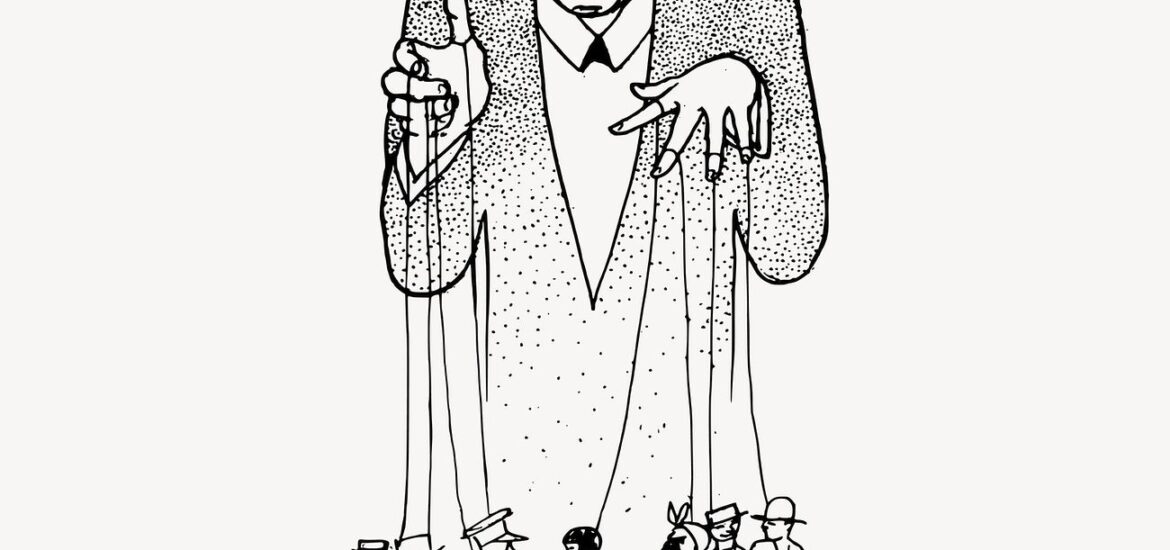I’ve been inside politics (political parties) 2 times. Most of the time the people attracted to politics is because of status and power.
So in the Netherlands we have 15 of March 2023 elections for the Senate. This is how the political structure looks like in the Netherlands.
The Dutch political system is a parliamentary constitutional monarchy, which means that the country is led by a monarch who has limited powers, while the government is run by a parliament that is elected by the people.
Here is a breakdown of the different branches and institutions that make up the Dutch political system:
- The Monarchy: The Dutch monarchy is a hereditary position that is currently held by King Willem-Alexander. The monarch has mainly ceremonial duties and acts as a symbol of unity and continuity for the country.
- The Government: The Dutch government is led by the Prime Minister, who is appointed by the monarch and is the head of the executive branch. The Prime Minister and other ministers are responsible for developing and implementing government policies.
- The Parliament: The Dutch parliament is called the States General and consists of two chambers: the House of Representatives (Tweede Kamer) and the Senate (Eerste Kamer). Members of the House of Representatives are elected by the people for a term of four years, while members of the Senate are indirectly elected by the members of the provincial councils for a term of four years. The parliament is responsible for making laws and overseeing the work of the government.
- The Judiciary: The Dutch judiciary is independent of the other branches of government and is responsible for interpreting and applying the law. It is headed by the Supreme Court, which is the highest court in the country.
- The Council of State: The Council of State advises the government on legislative and administrative matters and also serves as the highest administrative court in the country.
- Provinces and Municipalities: The Netherlands is divided into twelve provinces, each of which has its own government and legislative body. There are also more than 350 municipalities in the country, each of which is governed by a mayor and a council.
Since covid-19 I stopped reading newspaper almost of anykind. I started reading policy from the government itself, which is not that hard to find in the Netherlands. It gives you a much clearer sense of what is happening in your neighbourhood and country. I can highly recommend it. Just use 1 hour a day and read some policy of what you think is interesting.
When you read the letter below, it says covid-19 has since today been downscaled to a regular illness. Remember the elections are under way, anything and everything is possible.
When I read this, it was all very clear to me. Currently we are in a psychological warfare. What does this mean. Anything and everything is allowed in order to maintain maximum power en status.
As many are aware, COVID-19 was a complete catastrophe, both mentally and economically. The government exploited fear to its utmost to manipulate people and pit them against each other. Whenever I hear that people are seeking one final debate before voting, I wonder where they’ve been in the last 2.5 years. Wasn’t that whole debacle enough to spark some scepticism?
The most common response I encounter, which I find profoundly weak and indicative of a lack of core values and character, is that ”hindsight is always easier”.
Do you really think it’s acceptable for a government to dictate the number of guests you can have in your home? Do you find it acceptable that children were required to wear face masks? Is it acceptable to you that we were confined indoors without any solid evidence to support such measures (like curfews), which didn’t seem to help at all? And do you find it acceptable that our children were deprived of learning and play?
My sole advice to people is this: don’t let fear dictate your choices.
